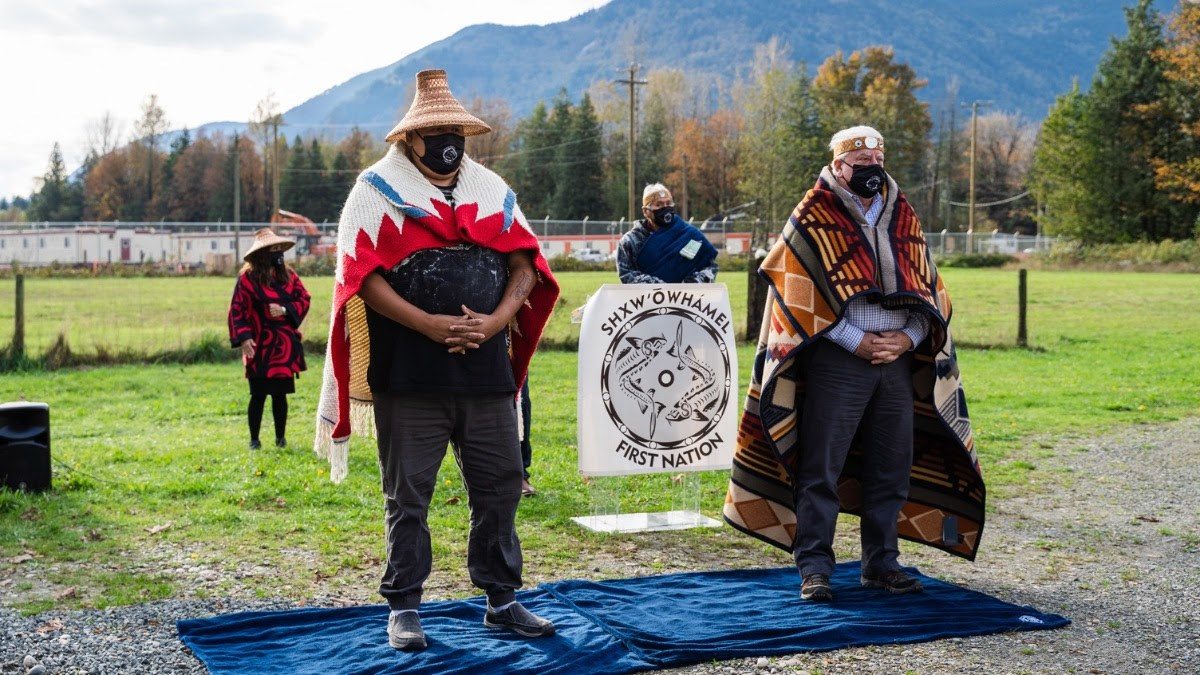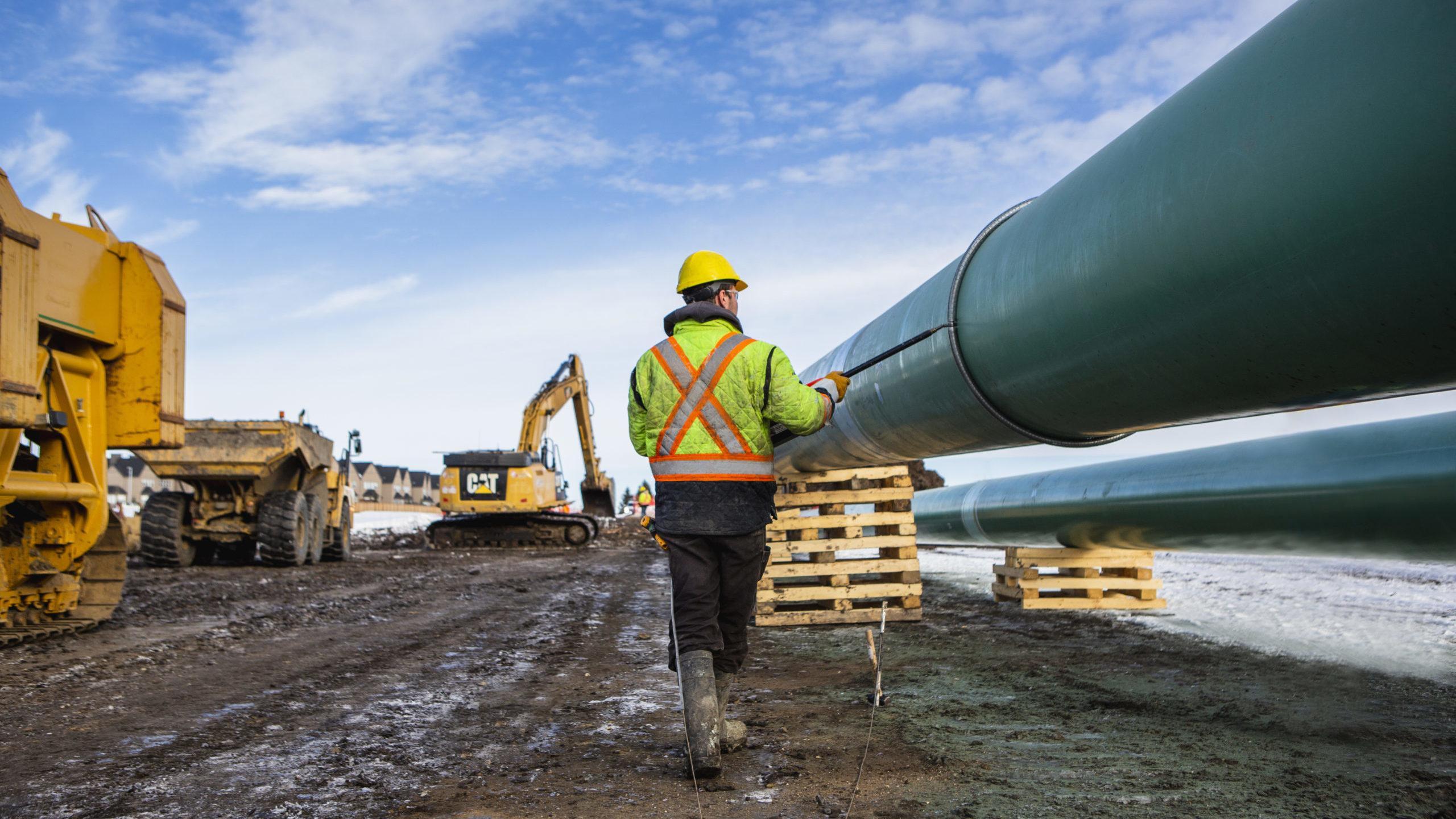While many are celebrating the completion of the Trans Mountain pipeline expansion project for its benefit of delivering better prices for Canadian energy to international markets, it’s important to reflect on how the project demonstrates successful economic reconciliation with Indigenous communities.
It’s easy to forget how we got here.
The history of Trans Mountain has been fraught with obstacles and delays that could have killed the project, but it survived. This stands in contrast to other pipelines such as Energy East and Keystone XL.
Starting in 2012, proponent Kinder Morgan Canada engaged in consultation with multiple parties – including many First Nation and Métis communities – on potential project impacts.
According to Trans Mountain, there have been 73,000 points of contact with Indigenous communities throughout Alberta and British Columbia as the expansion was developed and constructed. The new federal government owners of the pipeline committed to ongoing consultation during early construction and operations phase.
Beyond formal Indigenous engagement, the project proponent conducted numerous environmental and engineering field studies. These included studies drawing on deep Indigenous input, such as traditional ecological knowledge studies, traditional land use studies, and traditional marine land use studies.
At each stage of consultation, the proponent had to take into consideration this input, and if necessary – which occurred regularly – adjust the pipeline route or change an approach.
With such a large undertaking, Kinder Morgan and later Trans Mountain Corporation as a government entity had to maintain relationships with many Indigenous parties and make sure they got it right.

It was the opposite of the superficial “checklist” form of consultation that companies had long been criticized for.
While most of the First Nation and Métis communities engaged in good faith with Kinder Morgan, and later the federal government, and wanted to maximize environmental protections and ensure they got the best deal for their communities, environmentalist opponents wanted to kill the project outright from the start.
After the government took over the incomplete expansion in 2018, green activists were transparent about using cost overruns as a tactic to scuttle and defeat the project. They tried to make Trans Mountain ground zero for their anti-energy divestment crusade, targeting investors.
It is an amazing testament to importance of Trans Mountain that it survived this bad faith onslaught.
In true eco-colonialist fashion, the non-Indigenous activist community did not care that the consultation process for Trans Mountain project was achieving economic reconciliation in front of their eyes. They were “fair weather friends” who supported Indigenous communities only when they opposed energy projects.
They missed the broad support for the Trans Mountain expansion. As of March 2023, the project had signed agreements with 81 Indigenous communities along the proposed route worth $657 million, and the project has created over $4.8 billion in contracts with Indigenous businesses.
Most importantly, Trans Mountain saw the maturing of Indigenous capital as Indigenous coalitions came together to seek equity stakes in the pipeline. Project Reconciliation, the Alberta-based Iron Coalition and B.C.’s Western Indigenous Pipeline Group all presented detailed proposals to assume ownership.
Although these equity proposals have not yet resulted in a sale agreement, they involved taking that important first step. Trans Mountain showed what was possible for Indigenous ownership, and now with more growth and perhaps legislative help from provincial and federal governments, an Indigenous consortium will be eventually successful when the government looks to sell the project.
If an Indigenous partner ultimately acquires an equity stake in Trans Mountain, observers close to the negotiations are convinced it will be a sizeable stake, well beyond 10 per cent. It will be a transformative venture for many First Nations involved.
Now that the Trans Mountain expansion is finally completed, it will provide trans-generational benefits to First Nations involved, including lasting work for Indigenous companies. It will also demonstrate the victory of good faith Indigenous consultation over bad faith opposition.
The unaltered reproduction of this content is free of charge with attribution to Canadian Energy Centre Ltd.
